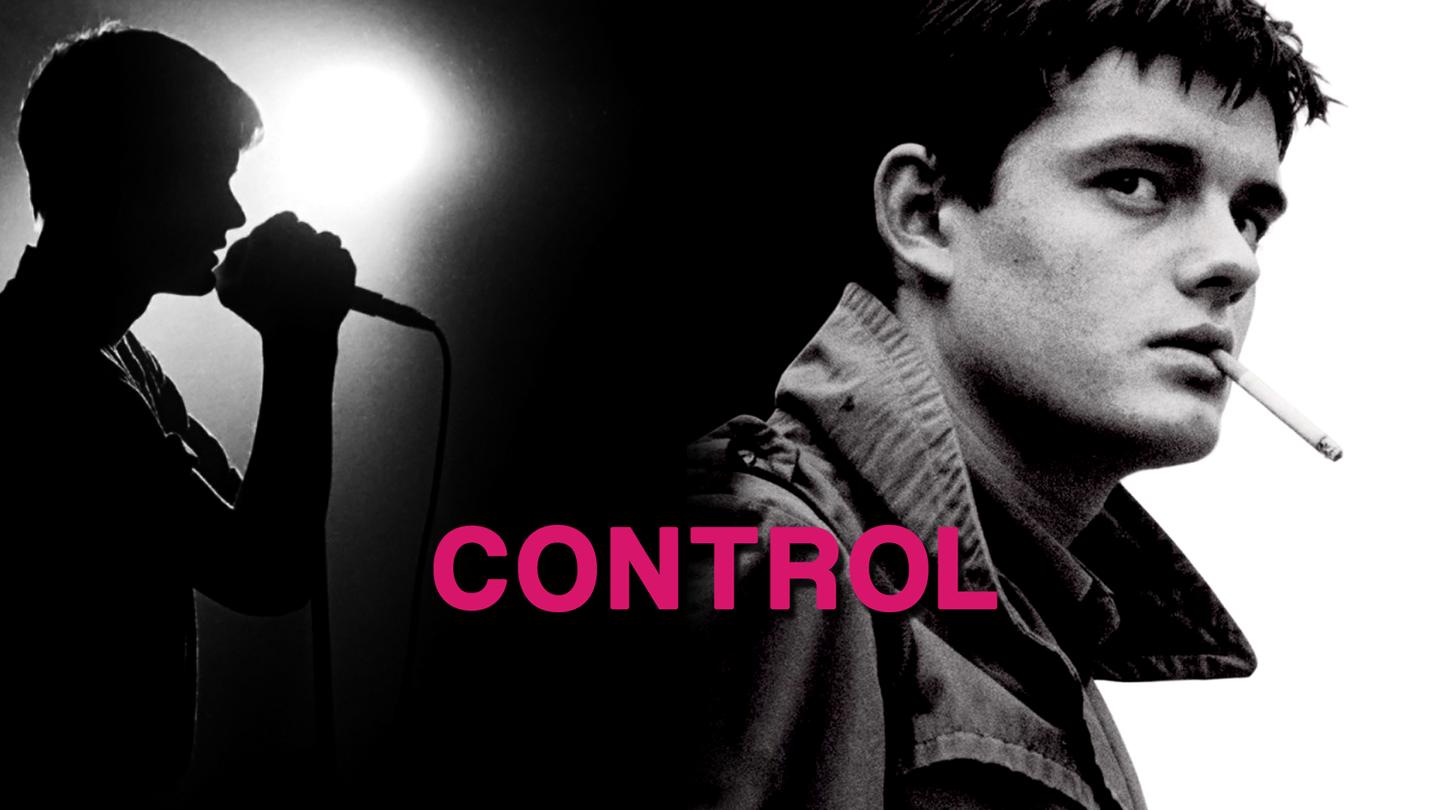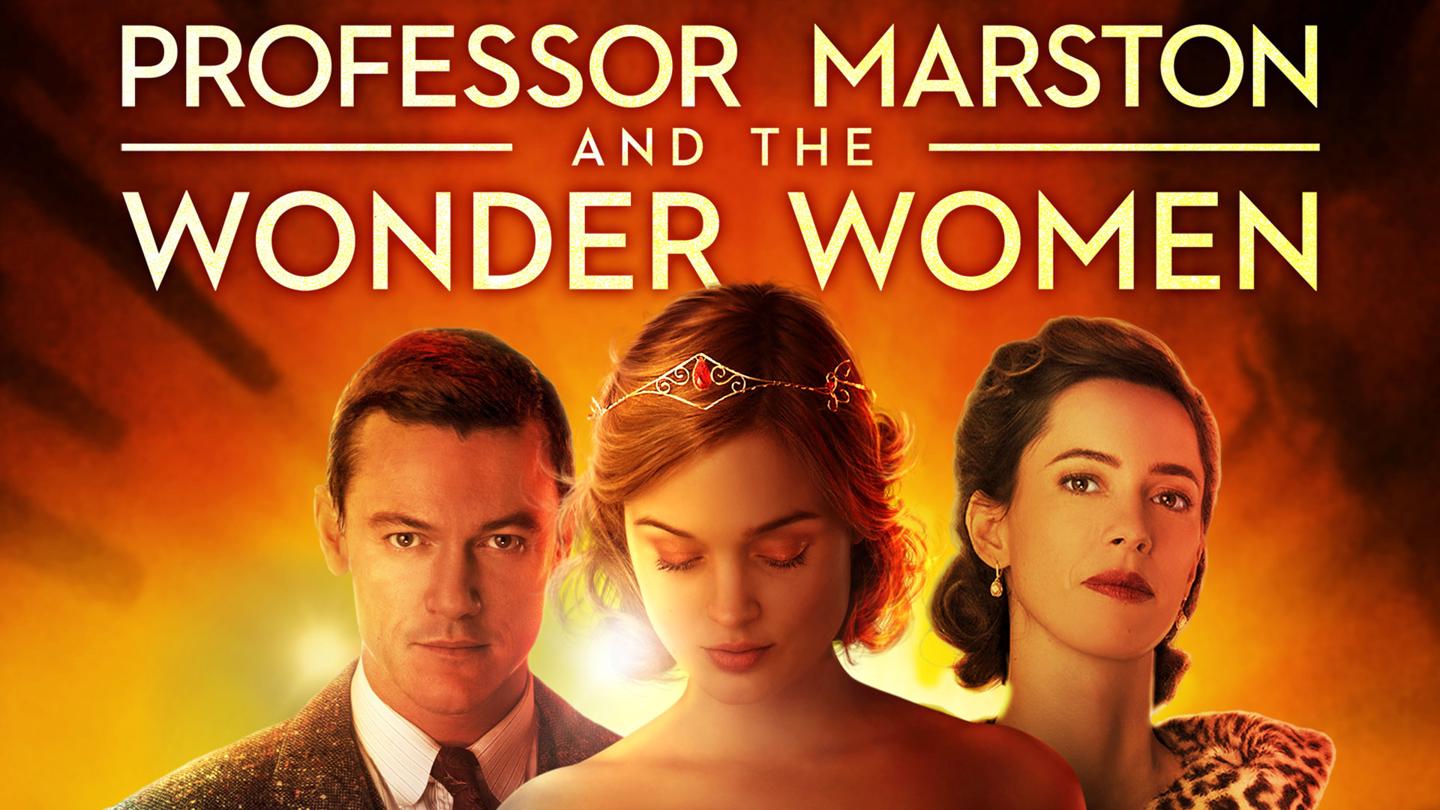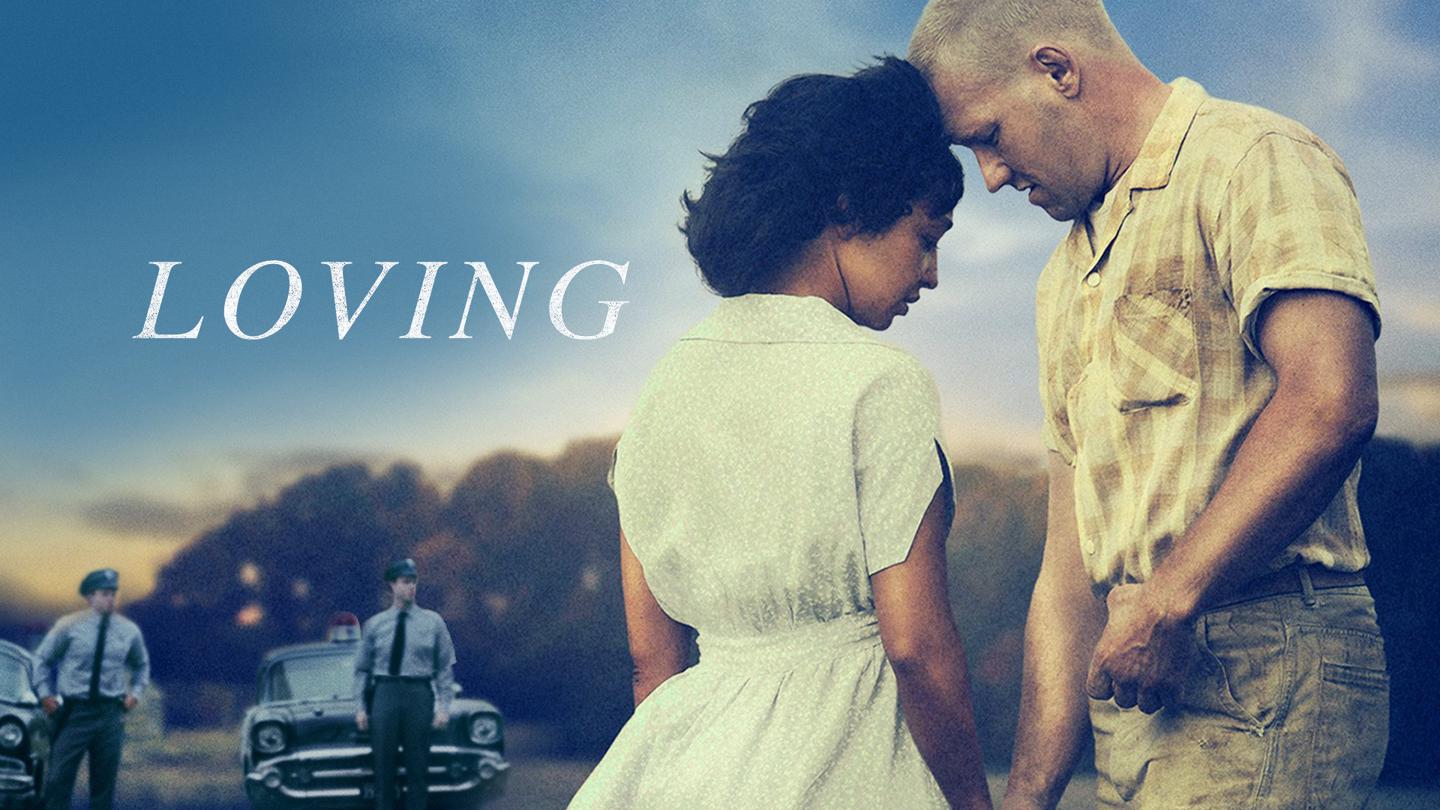
Quick Info
When I think about biopics that actually gave me chills, Control is always near the top of the list. It’s the story of Ian Curtis, the frontman of Joy Division, and how a whirlwind few years turned post-punk music—and Curtis’s own life—on its head. Directed by photographer Anton Corbijn, it’s about as moody and atmospheric as you could hope for; Corbijn channels both his music-video roots and an eye for strange stillness that perfectly matches Ian’s inner world.
Control isn’t flashy, and thank God for that. Shot in sleek black and white, it feels almost documentary-like, but with a touch of the poetic. That palette works wonders for setting the mood: you get streaks of rain down northern England windows, nicotine haze, grey council estates. The movie is obsessed with lonely spaces, both physical and emotional, and the cinematography gives you exactly that. It’s beautifully sad, never once veering into melodrama. The sound design doesn’t bludgeon you with nostalgia or cheap music cues, either. Every Joy Division performance is carefully recreated, but also feels lived-in and raw. When Sam Riley (who plays Curtis) loses himself on stage, you buy it.
Speaking of Sam Riley, it’s kind of wild seeing him in this role, given how little else he’d done on screen before. His version of Ian Curtis is equal parts fragile and unknowable—a guy you want to hug and shake in equal measure. Samantha Morton plays Deborah Curtis with a wounded, practical energy that anchors the film, especially in the most painful domestic scenes. It isn’t just a movie about tortured genius, though there’s plenty of that. It’s about a marriage stuck between mundane misery and the wild fantasy of fame.
One thing that actually surprised me is how little the film indulges in rock star glamour. Most music biopics—and I love a few of them—eventually fall back on the “look how fun and wild this era was” montage. Control wants nothing to do with this. Instead, it leans into the bleakness, and never really lets up. The pacing is languid, which might frustrate you if you’re waiting for a manufactured third-act uplift. It cares less about plot points and more about mood, about the spaces between gigs and the small moments that add up to heartbreak.
Where the movie falters is maybe that same dryness. I love it for how restrained it is, but after a while, the gray-on-gray sadness might feel relentless. You want to see something give, something spark—sometimes the script is too distant for its own good. If you’re not already invested in Joy Division or 1970s/80s British music, that coolness could present a wall. There are a few scenes, especially in the band’s early days, that feel repetitive or static. It’s clear the filmmakers love their subject, but sometimes they’re almost too reverent.
Still, there’s real emotional weight here. The final stretch packs a punch in ways you might not expect. It’s never manipulative—it just lets the hopelessness seep in naturally. I found myself getting angrier with and more sympathetic towards Curtis, often in the space of a single beat. When the music kicks in, especially “Atmosphere” and “Love Will Tear Us Apart,” it’s enough to break your heart, even if you’re not a Joy Division diehard.
If you care about uncompromising performances, this is absolutely a must-see. Sam Riley’s physicality, the way he lurches and twitches onstage, is faithful without being an impersonation. You feel the claustrophobia of being a young husband with everything to lose. Morton holds her ground as someone who refuses to just be a rock star’s wife—her struggle is maybe the most relatable thing in the whole film.
So, Control isn’t for everyone, and it never tries to be. It holds up against standouts like Sid and Nancy or Nowhere Boy, but it’s less fun, more honest, and far sadder. Was I thrilled the whole way through? Nope. Did it haunt me for weeks? Absolutely. If you want a glossy nostalgia trip, skip it. If you want to feel what it’s like to live inside a Joy Division song, this one really gets it right.
The R8 Take
Haunting, pitch-perfect, and quietly devastating. Watch this if you think biopics are usually too shiny—just be ready for a heavy one.



